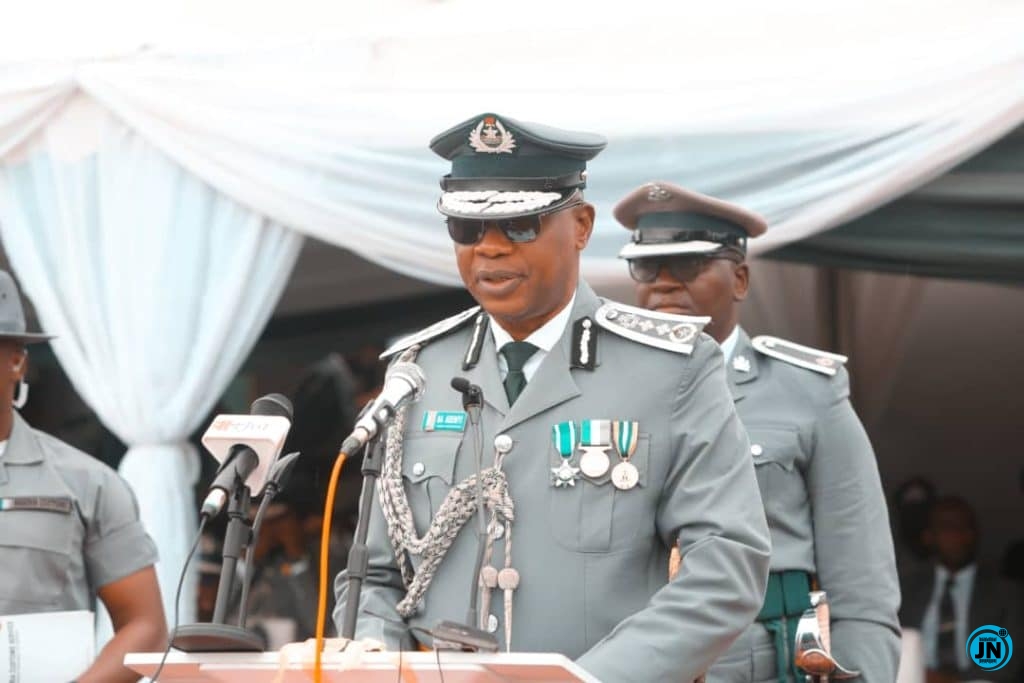The Comptroller General of the Nigeria Customs Service (NCS), Wale Adeniyi, officially handed over 21 luxury vehicles valued at over ₦8.1 billion to the Canadian government during a handover ceremony in Abuja. This gesture follows the recovery of these stolen vehicles, which had been smuggled into Nigeria through fraudulent means. Adeniyi emphasized the need for continued collaboration between international law enforcement agencies to combat the rising trend of car theft and trafficking.
According to the NCS, the vehicles were part of a criminal scheme involving a sophisticated international syndicate that stole exotic cars from Canada, the United States, and Europe before moving them into West Africa. These stolen cars included high-end brands such as Rolls Royce, Lamborghini Huracán, Mercedes-AMG, and Range Rover. The syndicate reportedly used falsified documentation to clear the vehicles at various ports and borders.
In response to this alarming development, the NCS launched a targeted operation titled Operation Hot Wheel, aimed at disrupting the syndicate’s activities and recovering stolen vehicles. The operation was conducted in collaboration with the Economic and Financial Crimes Commission (EFCC) and the Canadian government, resulting in the successful recovery of all 21 luxury cars. INTERPOL also played a vital role in tracking the vehicles across multiple countries.

During the ceremony, Adeniyi praised the contributions of both domestic and international partners in cracking the case. He highlighted INTERPOL’s findings, which identified West Africa as a significant destination for stolen vehicles, part of a global trade network that spans Europe, North America, South America, and Australia. He also noted the NCS’s growing commitment to intensifying its crackdown on such syndicates to protect Nigeria’s legitimate automotive market.
“The activities of these criminal syndicates pose a grave challenge to our national security systems and undermine the integrity of our automotive sector,” Adeniyi stated. He further revealed that, according to the National Bureau of Statistics (NBS), between 2013 and 2015, only 54 per cent of stolen vehicles globally were successfully recovered. This statistic underscores the sophisticated nature of car theft networks and the challenges faced in countering them.
Adeniyi reiterated that the recovery and return of these vehicles signify Nigeria’s commitment to fostering stronger international partnerships in combating organized crime. He assured stakeholders that the NCS would continue to invest in intelligence, border management, and collaboration with other security agencies to dismantle trafficking syndicates operating in Nigeria and across West Africa.
The Comptroller General concluded his remarks by appealing to citizens and stakeholders in the automotive industry to remain vigilant and report any suspicious activities related to vehicle trafficking. He stressed that such collective efforts would be instrumental in securing Nigeria’s borders and maintaining the integrity of its markets.

